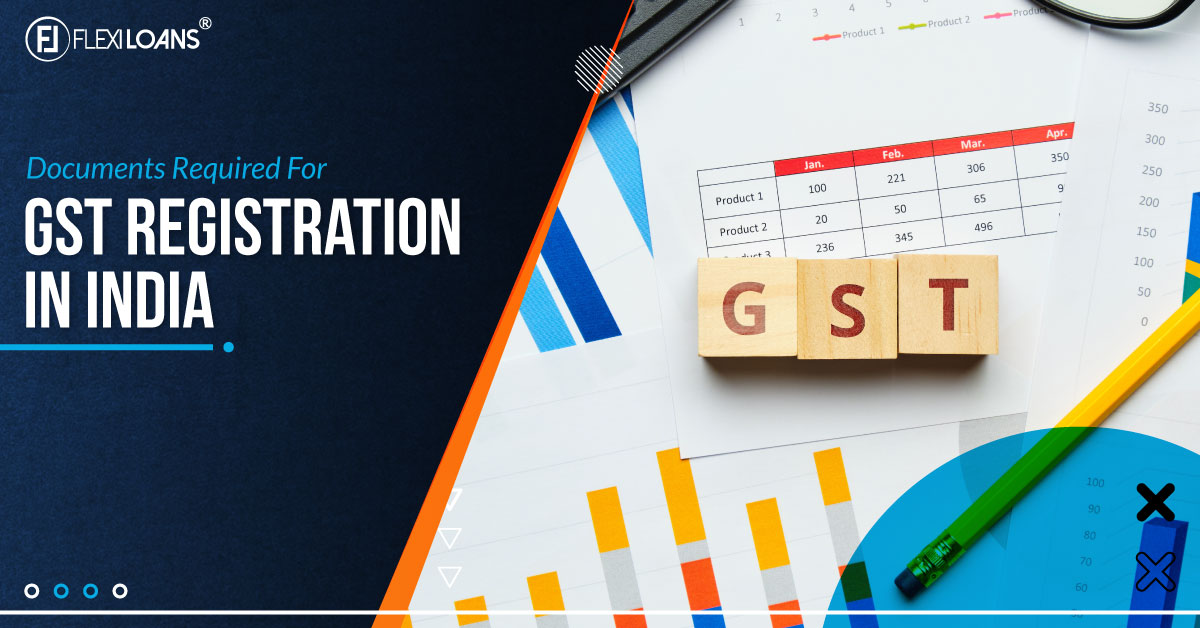The Ultimate Overview to Streamlining the GST Registration Process and Needs for Local Business Owners

Recognizing GST Essentials
To realize the principles of the Product and Solutions Tax (GST) system, small business proprietors have to initially recognize its underlying principles and ramifications. GST is a value-added tax obligation imposed on many goods and solutions for residential intake. It intends to simplify the tax process by replacing numerous indirect tax obligations enforced by the state and central federal governments. Under the GST regimen, services are needed to gather and register tax in support of the government, guaranteeing transparency and conformity.
One of the key concepts of GST is input tax obligation credit history, which enables services to claim debt for taxes paid on their acquisitions. This mechanism prevents the cascading result of taxes and promotes performance in the tax system. Furthermore, GST is a destination-based tax obligation, meaning that the tax obligation is levied at the point of intake instead of the point of beginning. This ensures fair circulation of tax profits amongst states based on where the products or solutions are taken in. Understanding these fundamental concepts is essential for little organization owners to navigate the intricacies of the GST system and make certain compliance with the law.
Eligibility Standards for Enrollment
Having actually developed a fundamental understanding of GST concepts, small company proprietors need to currently meet particular qualification criteria to proceed with the registration process. In India, entities took part in the supply of items or solutions with a yearly aggregate turnover exceeding Rs. 40 lakhs (Rs. 10 lakhs for special category states) are required to register for GST. In addition, particular organizations such as those associated with inter-state supply of items, laid-back taxable persons, and those required to pay tax obligation under the reverse fee mechanism should register for GST irrespective of their turnover. Services that were registered under the previous tax obligation routine (VAT, solution tax, etc) are additionally mandated to register under GST. Farming businesses that only provide generate out of primary manufacturing are exempt from GST enrollment. It is crucial for company owner to very carefully evaluate their eligibility based upon these requirements to make sure conformity with the legislation and avoid any charges for non-compliance.
Papers Needed for GST Enrollment

Simplified Registration Process Steps
Following the collection and verification of the requisite my site documents, the registration process for GST can be navigated through a collection of simplified steps created to help with effective conformity for small company owners. The very first step includes seeing the GST portal and picking the 'New Enrollment' option. Consequently, the applicant needs to fill in Component A of the GST REG-01 kind with details such as PAN, mobile number, and e-mail address to acquire an OTP for verification. Once the OTP is obtained and gone into, a Short-term Referral Number (TRN) is created for additional procedures. The next action requires submitting Part B of the form with essential business details, submitting sustaining records, and completing the verification procedure utilizing DSC or EVC. Ultimately, upon effective verification, an Application Recommendation Number (ARN) is released, suggesting the conclusion of the GST enrollment process. By adhering to these streamlined steps, small company proprietors can properly sign up for GST and guarantee compliance with tax obligation laws.
Tips for Ensuring Conformity
To keep governing adherence and functional honesty, diligent oversight and Read Full Report proactive steps are critical in making sure compliance with GST needs for small company owners. Small company proprietors have to remain updated with GST guidelines, submitting target dates, and any kind of modifications in tax prices to avoid fines and maintain a good standing with tax authorities. One important tip for conformity is to keep comprehensive and exact documents of all deals, including invoices, expenditures, and receipts connected to GST. Routinely integrating economic documents with GST returns can aid in identifying and fixing any kind of discrepancies without delay. Additionally, conducting routine interior audits or seeking specialist aid can make sure that the business is adhering to all GST rules properly. It is additionally essential for small business owners to spend in GST-compliant bookkeeping software program that can improve the tax obligation declaring process and lessen mistakes. Finally, going to GST understanding workshops or training programs can improve understanding and compliance with GST guidelines, eventually benefiting business in the future.
Verdict
Finally, local business owners should recognize the basics of GST, fulfill the eligibility requirements, collect essential documents, and comply with the streamlined enrollment procedure steps to guarantee conformity. By streamlining the GST look what i found registration procedure and needs, small company proprietors can prevent charges and operate their services smoothly within the lawful framework - Singapore GST Registration. It is vital for local business proprietors to stay compliant and informed with GST laws to preserve a successful business procedure
Small organization owners looking for GST registration must guarantee they gather and send the needed documents to finish the registration procedure efficiently. The records required for GST enrollment usually include evidence of company enrollment or incorporation, FRYING PAN (Permanent Account Number) card of the organization entity, identity and address evidence of the promoters/partners/directors, photographs, address proof of the area of company, financial institution account statements or canceled cheques, and authorization kinds. Attending GST understanding workshops or training programs can boost understanding and compliance with GST guidelines, inevitably benefiting the service in the lengthy run.
By simplifying the GST enrollment procedure and demands, tiny business owners can prevent fines and run their businesses efficiently within the lawful structure. It is essential for little organization owners to stay educated and certified with GST laws to maintain a successful company procedure.